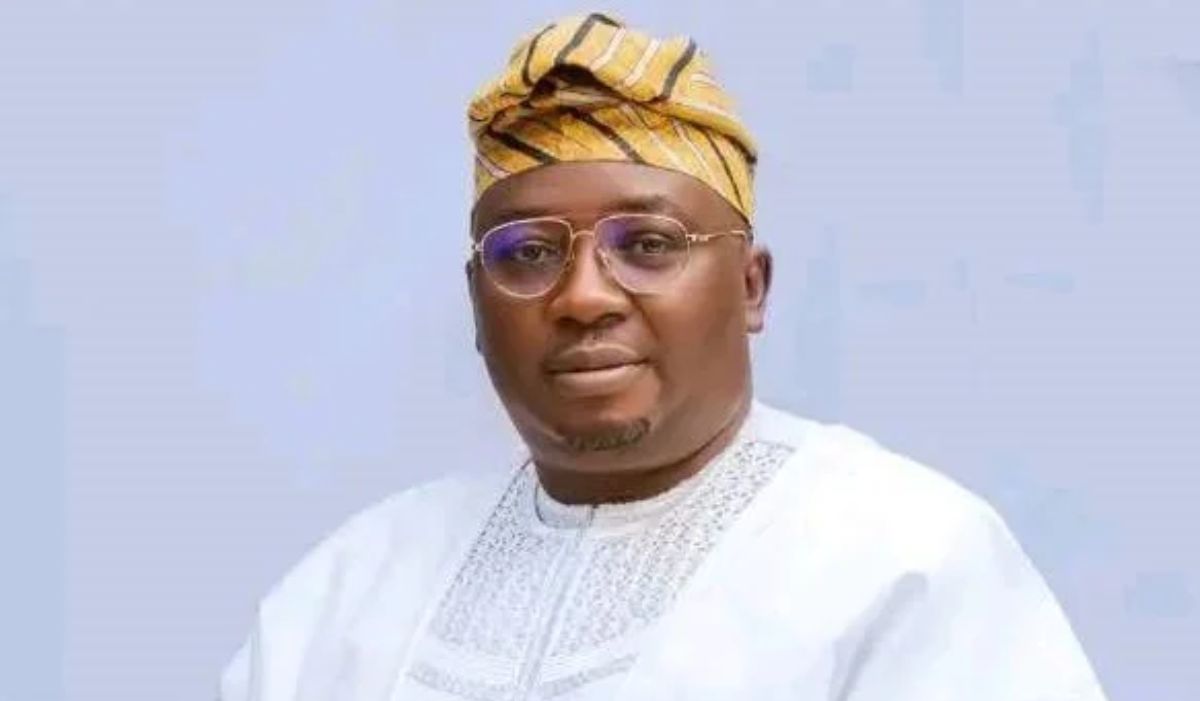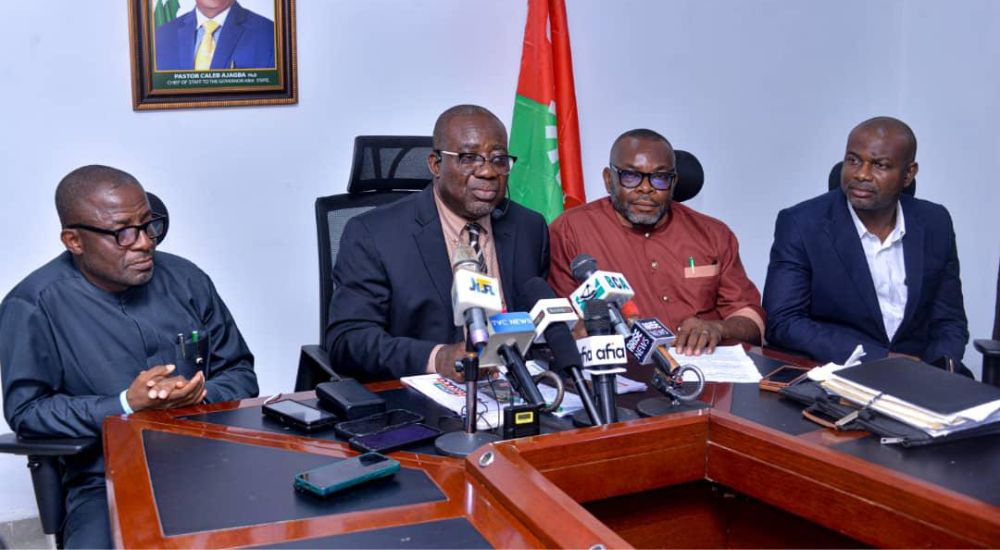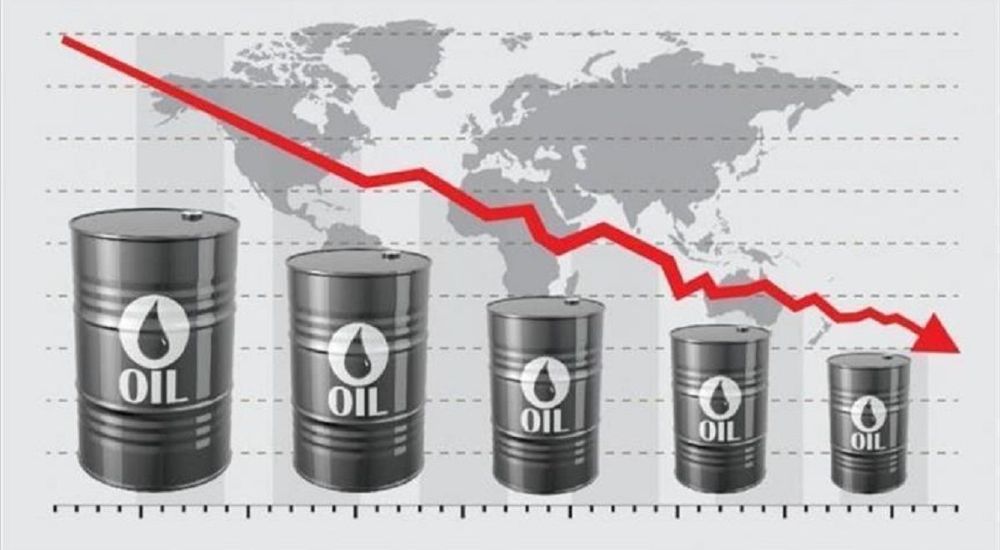Nigeria Requires $200bn Investment Over Two Decades to Stabilize Power Supply, Says Minister

Nigeria’s power sector needs substantial long-term investment to overcome decades of infrastructure challenges, according to Minister of Power Adebayo Adelabu.
During the commissioning ceremony of a 2.5 megawatt solar hybrid power installation at the Nigerian Defence Academy in Kaduna State, Adelabu outlined the financial requirements necessary to transform the country’s electricity landscape.
The minister highlighted several persistent issues that have contributed to a significant infrastructure deficit in the sector over the past six decades, including maintenance shortfalls, investment inadequacies, and failure to modernise transmission networks.
Adelabu assured attendees that President Bola Tinubu’s administration is actively working to address the ongoing challenges of unreliable electricity supply nationwide, while emphasising the government’s dedication to ensuring dependable energy access for critical national institutions such as the NDA.
“For us to achieve functional, reliable, and stable electricity in Nigeria, we need at least $10 billion annually for the next 20 years. But there is some foundational bottleneck that we experienced in the past that needs to be fixed for the spending of this money to have meaning,” he stated.
The minister pointed to the recent enactment of energy legislation as a crucial step toward resolving the sector’s persistent problems.
“This bill has achieved liberation and decentralisation of the power sector to enable all levels of government — federal, state, and local governments — to legally and morally play roles in the power sector to give their citizens at sub-national levels electricity.
“This act has given autonomy to more than 11 states, and more are still coming. They can now play roles in the power sector from generation to transmission to distribution and even metering.
“We talk about infrastructure deficit, then we talk about fixing infrastructure deficit, which has piled up over the last 60 years due to lack of maintenance, lack of additional investment to revive our transmission grid,” he added.
This legislative reform represents a significant shift toward decentralising power sector management, empowering various levels of government to participate in electricity provision across the generation, transmission, distribution, and metering spectrum.




